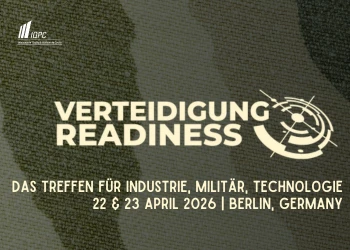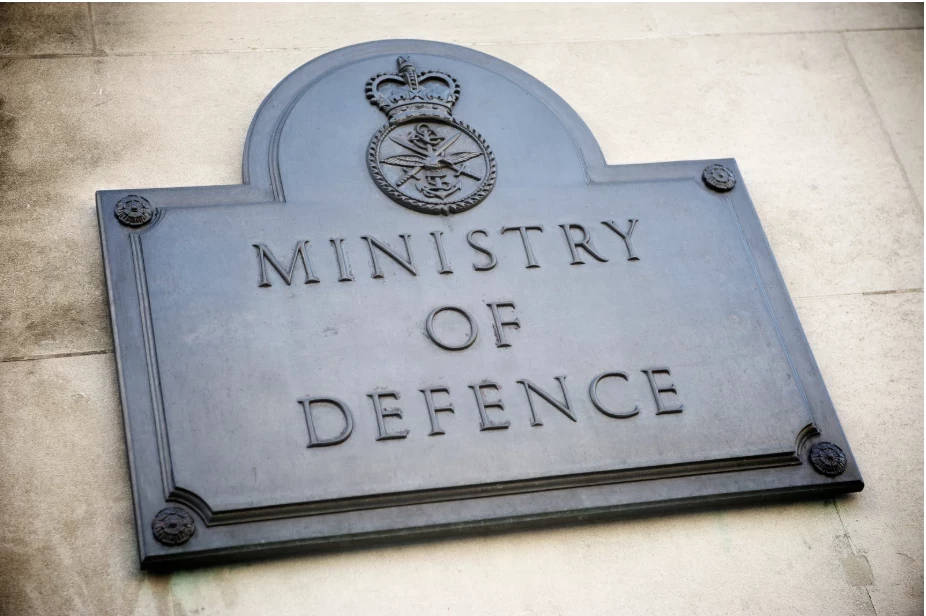MOD sets out plans to ensure investment in state-of-the-art defence equipment
Add bookmarkThe Government has set out its plans to prioritise investment in Science and Technology, in order to ensure the UK's Armed Forces continue to have state-of-the-art technology, equipment and support, in a White Paper published today.
The intention to sustain science and technology spending at 1.2 per cent of its total annual budget has been stated in a Government White Paper, National Security Through Technology.
This new policy paper sets out how the Government will provide the best equipment for our Armed Forces and security services and achieve best value for money for UK tax payers. It provides clear principles that will underpin the relationship with industry as the MOD invests more than £150bn in military equipment over the next decade.
See the White Paper 'National Security through Technology: Technology Equipment, and Support for UK Defence and Security' as well as an accompanying Consultation Summary Paper at Related Links.
The White Paper follows a commitment in the Strategic Defence and Security Review to outline the Government's future approach to working with the Defence and security industries. It has been developed jointly by MOD and Home Office, following extensive consultation, and includes plans to:
- Protect the essential Science and Technology (S&T) budget - To ensure our Armed Forces continue to have state of the art technology, equipment, and support, the MOD is prioritising investment in Science and Technology. The White Paper states the Government's intention to halt years of decline in spending on Defence S&T by maintaining spend at least at the current 1.2 per cent of MOD's budget, spending over £400m each year.
- Support for exports - The Defence sector is vital to the success of the UK economy. The MOD will help all UK-based suppliers obtain export orders and promote products abroad while protecting our own security and our core values of human rights and democracy. Ministers will be closely involved in supporting Defence and security exports; exportability will be built into new acquisition requirements; co-ordination across Government will be improved, and new arrangements developed to provide the training that overseas customers often seek.
- Encourage Small and Medium Enterprises - SMEs are currently awarded 42 per cent of MOD's equipment contracts - worth almost £1bn per year - and many more contribute to Defence and Security programmes as subcontractors. The new measures in the White Paper will make it easier for smaller contractors to compete for Government tenders, help them to develop new products and provide expert advice to help them export.
Minister for Defence Equipment Support and Technology, Peter Luff, said:
"Our Armed Forces must continue to have innovative, high-technology equipment to give them a battle-winning edge, so we will support the development of defence technology directly and protect the amount we spend.
"We had to take tough decisions to tackle the £38bn blackhole this Government inherited, but we are now close to achieving a sustainable and balanced budget for the first time in decades.
"This will mean we can start ordering new equipment for the Armed Forces with confidence and will help provide the clarity industry needs to invest in the right areas.
"We plan to spend over £150bn on defence equipment over the next ten years. We will strongly support responsible exports, increasing the market opportunities for all defence and security companies and encouraging them to invest in the UK.
"If we can save money and get the capability now rather than later, our budgets will go further and the country will be better defended.
"Britain's smaller businesses are the breeding ground of genuine innovation, developing new technologies that provide our frontline forces with battle-winning advantage. Last year the MOD spent almost £1bn directly with smaller businesses and we want to see that figure grow.
"We will strengthen the ability of smaller firms to compete for defence and security contracts, making sure their innovation is fully tapped."
The Home Office's Crime and Security Minister, James Brokenshire, said:
"National security is the first priority of the Government and we want our counter-terror and law enforcement agencies to have the best capabilities and expertise.
"The recommendations in the White Paper will help us assist UK-based suppliers in obtaining export orders and increasing opportunities for small and medium-sized enterprises.
"A healthy and competitive UK security industry - building on our experience hosting the Olympic Games - will help contribute to growth and support our national security objectives."
The White Paper, along with the MOD's ten-year equipment plan – to be published later this year - will set out in detail the military equipment programme the Government will undertake and how we will work with industry.
The White Paper discusses the underlying concepts of sovereignty and explains how future international acquisition programmes will be set up, emphasising the Government's preference for bilateral programme wherever possible.
It also examines the future of Government in-house and science capabilities, international collaboration on science and technology and wider Government action to address the skills agenda.
Recognising the wider impact that Government spending choices on defence and security can have, it announces the establishment of a new Ministerial working group to coordinate the cross-Government aspects of the new approach.
This White Paper is part of a broader approach to Defence transformation which encompasses Lord Currie's review of Government Single Source Pricing Regulations and the Material Strategy, which will transform the MOD's equipment buying procedures making them more cost effective and efficient.
Already the MOD has already introduced a number of measures to help SMEs:
- To enable firms to meet potential bidders, the Next Generation Estate Contracts team is running special networking sessions and has created an online ‘Potential Bidders Directory' which provides contact details for organisations with a registered interest in each contract, so that SMEs may approach them.
- We now advertise lower value contracts, which may be more attractive to SMEs, on the Contracts Finder website;
- We have revised internal guidance to ensure that SMEs are not rejected on the basis of rigid turnover-to-contract value ratios without proper assessment of their actual capacity and potential;
- A dedicated SME group in the new Defence Suppliers Forum has been created, chaired by a MOD Minister, to provide a better ‘voice' for small suppliers.
- The Centre for Defence Enterprise has successfully provided access to the Defence for innovation SMEs, and this White Paper builds on this to broaden its remit to cover security and seek ways to provide even more support to SMEs particularly on bringing potential products to market.





















